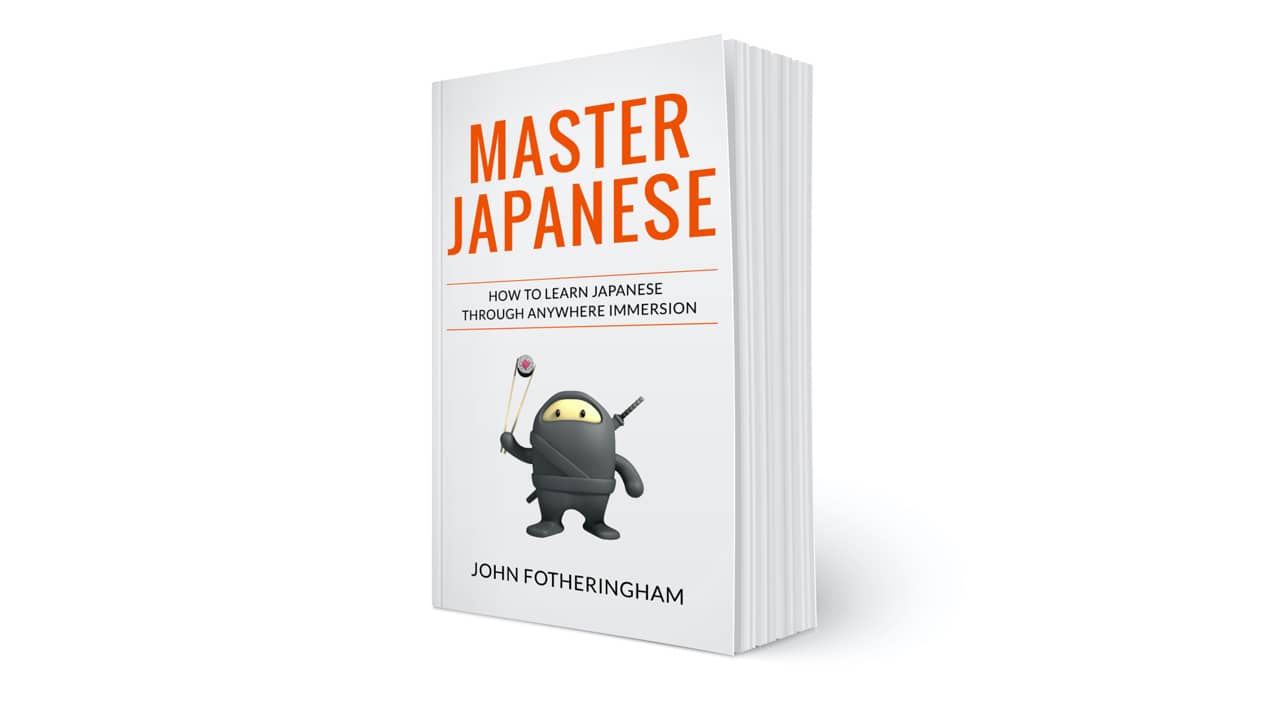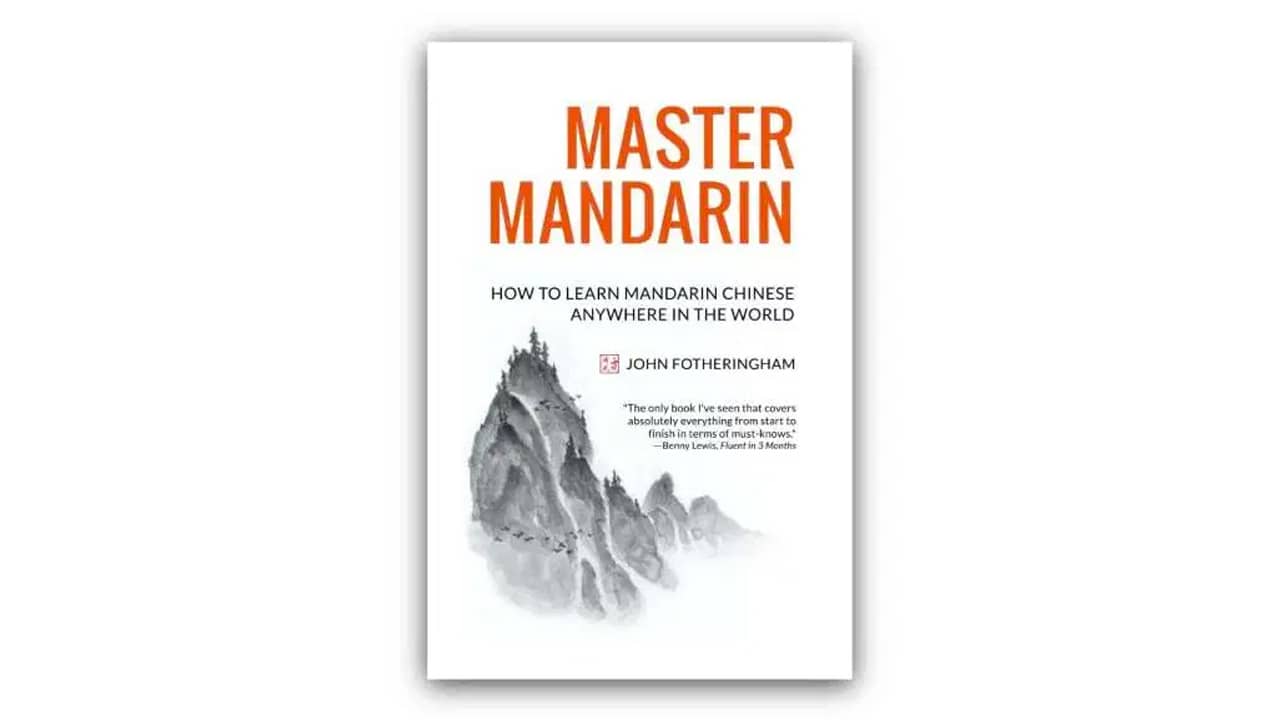Podcast: Download
Subscribe: Apple Podcasts | RSS

When you’re a child the majority of the way learning occurs is listening and speaking, right? But what about when you progress in school and you are taught a second language as part of your curriculum? Is it the same process?
Or is the focus more on reading and writing?
Listening and speaking are innate, they’re organic, and it seems like they just happen “naturally” after much “natural” coaxing from parents and other people in the environment.
Or are they…?
Normally, we might say that reading and writing are human technology, an invention that differs from language itself. But learning these tools of representation language visually also involves a lot of coaxing and they are not any more or less invented than language. And when it comes to writing, it’s just a fact that some people go to school for decades, earn PhDs and still can’t write their way out of a cardboard box.
I know this from personal experience because I’m still struggling to de-academize my own writing after all those years of indoctrination! 😉
But guess what?
Mastering your target language doesn’t have to be hard. It doesn’t have to be a struggle if only you make a shift in how you think about and approach the task of learning a language.
Don’t think it’s possible for learning a foreign language to get easier? Think again and prepare to welcome the ease and flow that “just happened” with your native tongue.
How?
My guest today is John Fotheringham, the man behind LanguageMastery.com and the author of Master Japanese and Master Mandarin. He is self-taught in these languages and and now teaches others his techniques through courses and his podcast, The Language Mastery Show.
John and I go deep into the “why” behind language learning. Sure, technique is high priority, but we dive into the reasoning and the psychology that drives (or can hinder) one’s learning journey, and the change necessary in institutions to truly revolutionize the learning process.
We even go, as John says, “off the rails” a bit and veer into questions of free will, mortality, and their place in self-taught education. So even if you’re not currently on a journey to master a second or third language there’s something here for you as well.
Finally, we explore the idea of depression, its role in learning, and how a modified framework through the lens of your personality type can help you achieve your learning goals.
The near-hour conversation with John is broad, enlightened, and, above all, encouraging. If you’re struggling with not fitting into the box of how you “should” be learning John reminds us that, indeed, there is no “one size fits all.”
Remember:
You are not the problem. The problem is the box.
You are not broken. The system is.
Encouraged? Intrigued? Press play now and discover:
- Why mastery and fluency are very subjective, and why they should be defined loosely
- The importance of pronunciation in language learning, and why more emphasis should be placed on it
- The reason why learning should be shifted in focus to listening and speaking versus the more traditional reading and writing emphasis
- Why courage is important in language learning and the psychology behind it is just as important as technique or motivation
- The secret to avoiding “fossilized errors” with pronunciation with hyper focused minimal pairs
- How best to utilize your time when choosing material to practice reading in your target language
- Why curiosity should motivate learning, especially language learning
- Why morality and biology should be separated to avoid the guilt with undesirable tendencies, or even just “beating yourself up” for not obtaining language mastery as fast as you believe you should
- Breaking the stigma of language learning and its ease for children (pro-tip: the key may not be in the age of the learner, but relies on the “audience”)
- Why ego has no place in language mastery
- Why you can feel a sense of empowerment, even with depression, to achieve your learning goals
- The reason learning should be tailored to who you are (and how to do it)
Further Resources on the web, this podcast, and the MMM Blog:
John’s Language Mastery Website
John Fotheringham’s author page on Amazon.com
Gretchen Rubin’s The Four Tendencies and Shinzen Young’s The Science of Enlightenment (referenced in this episode)
Teach Yourself Using the Best Language Learning Books
How to Learn a New Language Fast: A Step-by-Step Guide
Bilingualism: Why Language Learning Makes for a Healthier Brain






Thank you for having me on the show, Anthony. Really enjoyed the chat and the thought-provoking questions.
My pleasure – thank you for the thought-provoking answers and resources for all of us to follow up on!
John Fotheringham makes point about about pronunciation in learning a foreign language. One problem is the your own accent and how it intrudes when speaking in the target language. Many English speakers have strong accents, American, Australian, Scottish and other regional accents. This often intrudes into what you are trying to say. The typical put-down on, say, Italians speaking English is an example. Although the French are good at correcting your use of words but not so much your accent. Last year in Greece, before the border closures, I was corrected in my pronunciation and not so much in the words I used. A few years ago the average Greek barman just accepted my attempts at communication. Does the change mean I am improving my use of the language despite my incorrect use of accentuation? I have friend who is a fluent Dutch speaker who can pick up an Australian accent in other Dutch speakers on the Netherlands news and also has the same accent after many years. How can you overcome this problem? Are you always a foreigner despite your use of language? Often the target person hears me speak and then wants want to practice their English, but I want to practice their language. What do you think about this or do we just have to accept it as long as we are understood?
Great question, Peter.
Pronunciation is a weird topic for me because sometimes I can nail it and other times not. I actually started a bit of a story in this interview with Olly Richards and a discussion we had about pronunciation. The long and short of it is that some people get it easier than others and it can vary from language to language. My Hebrew tutor was always amazed by my pronunciation, but in Chinese, I am not well understood. In German, there are certain words that I cannot “fix” no matter what I do.
Once way to think about this issue is to use word variations, which assumes that one learns them. For example, I have had so many people in Germany say they cannot understand my pronunciation of “die Quittung” that I just switch to “die Rechnung” instead. Note that I haven’t given up on using the first term. I just have a variation ready to go when and where needed. And that’s the magic: You can say what you mean and then ask the person who misunderstood you how they pronounce the original word.
That’s a “from the trenches” practical approach. In the interview itself, John gives me some advice on pronunciation training. Have you given that a try?
As for always being a “foreigner,” I don’t think that is the way I would frame it. Many native speakers aren’t particularly good at their own mother tongue, so little can come from using this mindset. I would suggest selecting something else, as the metaphors we use do matter. This point comes up in previous podcast episodes on mental strength and the interview with Nir Eyal.
This was a really helpful podcast. The ability to hear the difference between minimal pairs has helped me with my Italian pronounciation. If someone speaks to me in English regardless of mispronounciation or how strong their accent from their mother tongue I can usually understand what they are saying. But I know a lot of English speakers how do not understand badly pronounced English.
Forvo is a useful free site for hearing how native speakers pronounce words you wish to learn before putting them into your memory palaces.
If the target language being learned is not spoken by people from lots of different countries the evidence suggests that native speakers have difficulty comprehending what non native speakers are saying as they are not used to hearing their mother tongue badly pronounced.
Thanks for this post, John.
Yes, Forvo is a very useful tool.
That is a good explanation for why native speakers might not have great understanding. I haven’t thought about that – the flip side that I’ve experienced is a strange receptivity amongst second-language speakers. For example, I find I can usually very readily understand other students of languages I’m learning. This effect may arise from a few factors I can think of, but it is very interesting to think through and I’ll poke around with some of my friends to see if they’ve noticed the same.